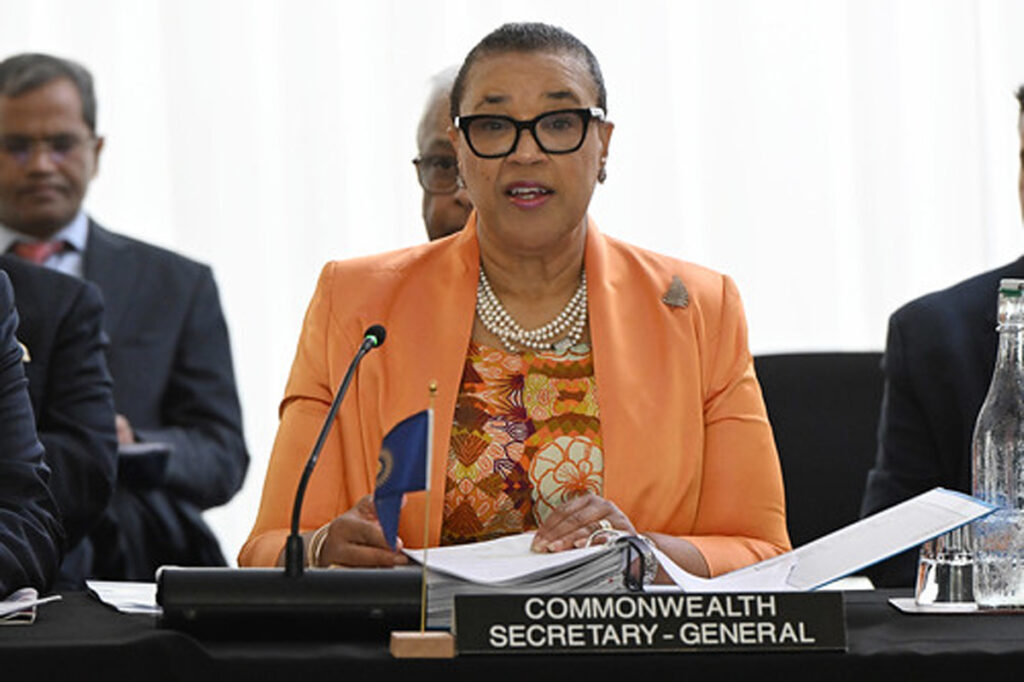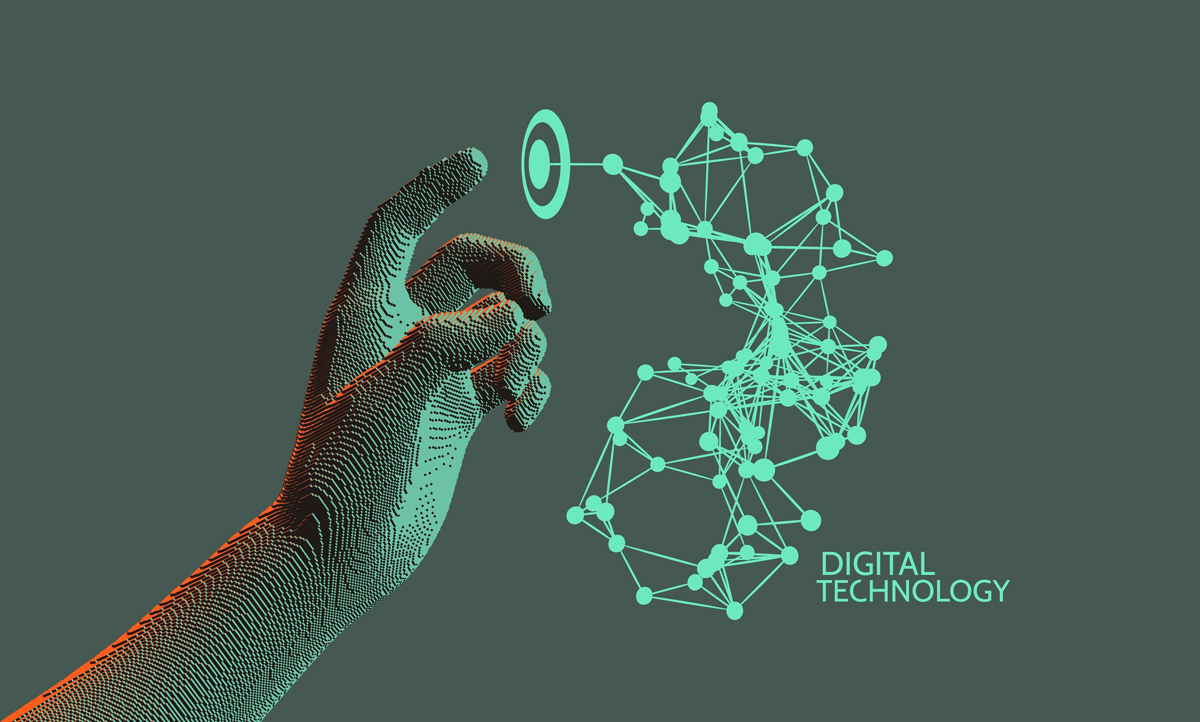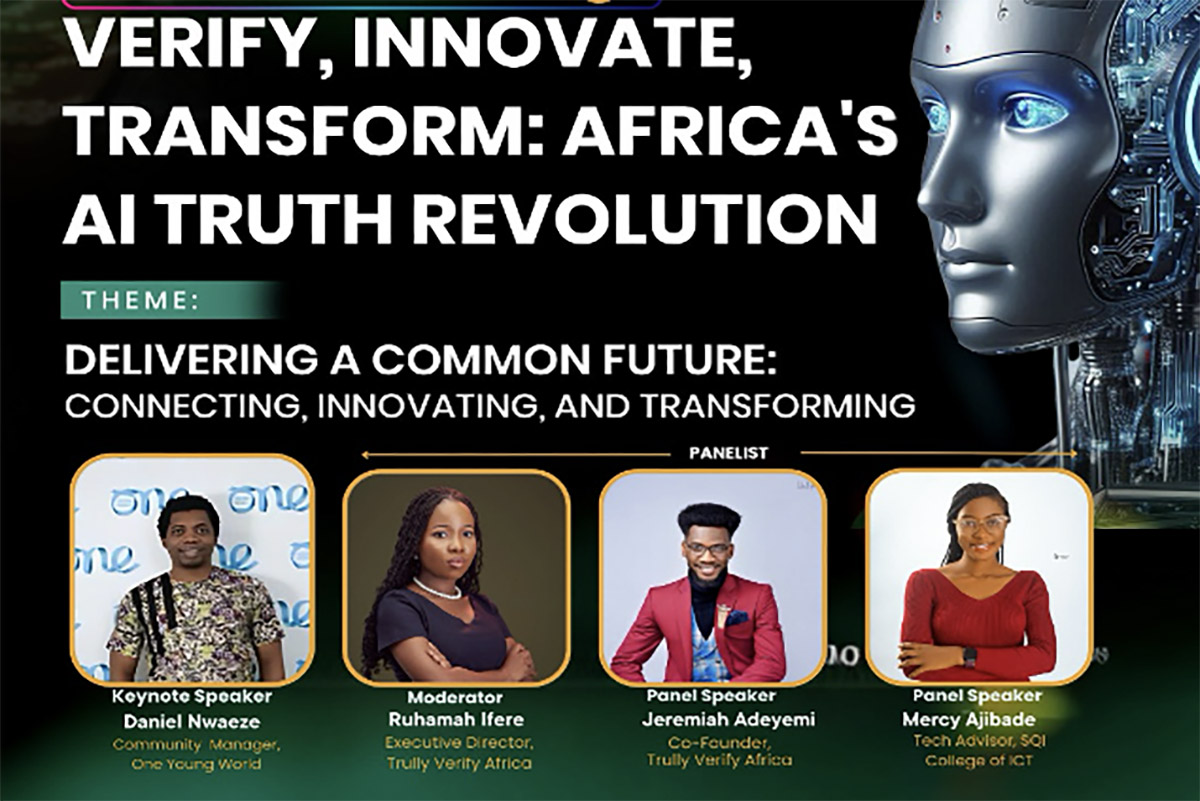Millions of Commonwealth Youth to benefit from free Intel AI courses
September 14by Sarmad Shahbaz
Artificial Intelligence (AI) and education came into sharp focus as youth ministers from Africa, Asia, the Caribbean and Americas, Europe, and the Pacific convened for the first day of their historic summit.
Meeting after a six-year hiatus, during which ministries were forced to grapple with deepening global financial crises, growing climate concerns and the unprecedented upheaval of the Covid pandemic, ministers kicked off the three-day conference with the launch of a collaboration between the Commonwealth and global tech giant, Intel, to provide millions of young people with AI courses over the next five years.
The online training course offers people aged 13 to 19 the opportunity to understand artificial intelligence tools and methodologies, the technology’s impact on society and how to use AI to solve challenges and create opportunities.
Launching the initiative, Intel’s Vice President of International Government Affairs, Sarah Kemp told ministers: “We are witnessing this unprecedented digitalisation of every aspect of our lives and to remain competitive in the global economy countries must invest in digital readiness.”
Delegates at the 2023 Commonwealth Youth Ministers Meeting (CYMM) also heard a message from Intel’s CEO Patrick Gelsinger, who addressed the importance of considering AI technology’s ethical and human rights risks and stressed the need for governance of digital innovations.
He said: “We cannot let ourselves blindly follow economic and algorithmic innovations that run amok. When you create something new, ask yourself: ‘Have I made society better or worse’?”
Thanking Intel, HE Jalil Abbas Jilani, Pakistan’s Foreign Minister, described the initiative as an “essential programme” at a critical time. He added that he believes many ministers will explore its uptake.
The AI training opportunity is part of the Commonwealth Secretary-General the Rt Hon Patricia Scotland’s package of initiatives, which include a recently created Commonwealth Artificial Intelligence Consortium, to bridge the digital divide.

It followed the opening ceremony of the CYMM, during which the Secretary-General outlined a comprehensive vision for youth development. She said: “Our world of change and challenge – bound by a tangled knot of economic, environmental and security challenges spanning global systems – insists that we continue to intensify the drive for youth empowerment. Because young people are not simply beneficiaries of our efforts: they are active agents of change, partners in development, and leaders – today and tomorrow.”
Branding the collaboration, a “big win for governments”, Head of Social Policy Division Layne Robinson said: “As Intel representatives pointed out, there is a pervasive digital transformation that has become a major part of our daily lives – whether we are visiting the doctor, waiting for a traffic light to change, ordering online for delivery or sitting on a train. We recognise the often stark inequalities in access to digital education, and we understand the importance of giving every young person the opportunity to be digitally skilled and the ability to thrive in today’s and tomorrow’s AI-fuelled world.”
The initiative he said, will become an integral part of the Commonwealth’s innovative education approach. He pointed to the broader Commonwealth programme on education, which was also presented to ministers by Education Advisor Dr Amina Osman.
Dr Osman shared progress on ongoing initiatives to create resilient, crisis-ready education systems that can nimbly adapt to unexpected developments such as the global pandemic.
She updated ministers on outcomes from two Commonwealth Education Ministers Meetings and the last Commonwealth Heads of Government Meeting, highlighting the importance of international collaboration and strategic financing for education.
Among other key points, she underscored the benefits of a multisector, technology-driven approach to education and the effectiveness of experiential learning, such as internships and a curriculum that integrates life and employability skills.






